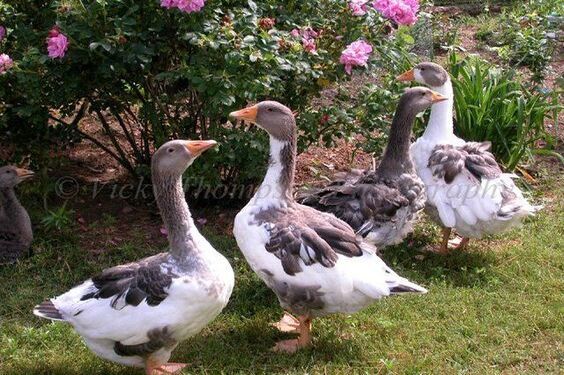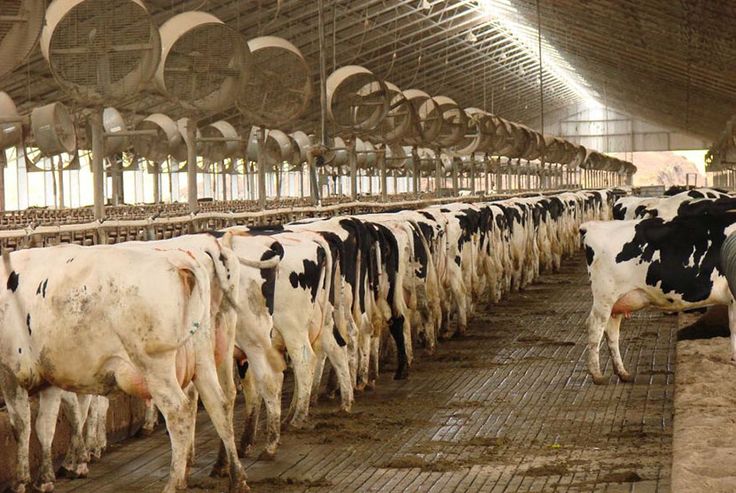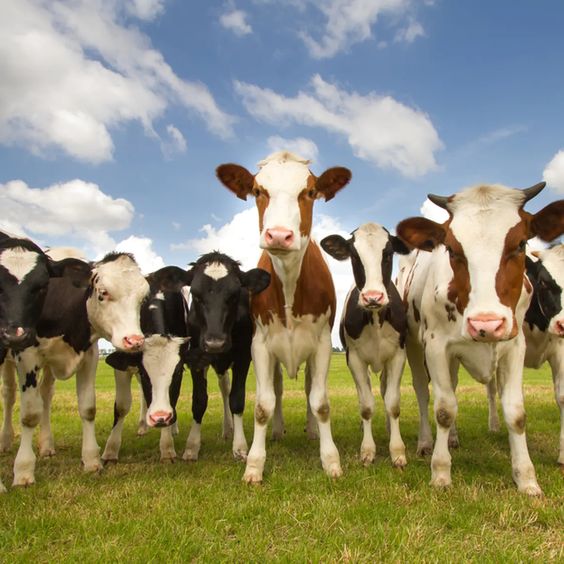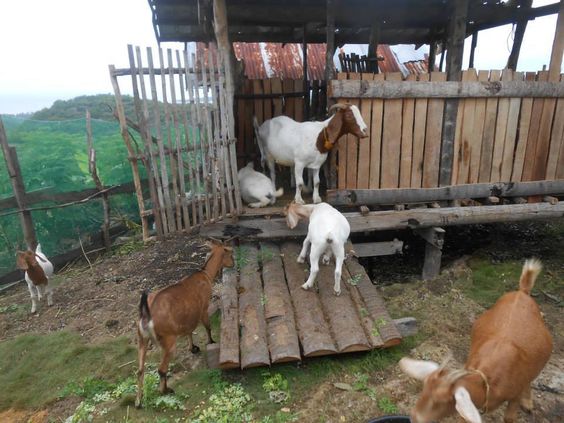Sustainable Goose Farming: A Feathered Path to Eco-Friendly Agriculture
Sustainable Goose Farming , the realm of sustainable agriculture, chickens often reign supreme. Yet, a lesser-known waterfowl holds immense potential for eco-conscious farms: the humble goose. Often overlooked, geese offer a unique combination of benefits that contribute to a holistic and environmentally responsible farming approach. This article delves into the world of sustainable goose farming, exploring its advantages, objectives, and practical implementation strategies.
Why Geese? The Allure of Sustainability
Geese boast several characteristics that make them ideal candidates for sustainable farming practices. Here’s a closer look at their eco-friendly contributions:
- Forage Masters: Unlike chickens that rely heavily on grain-based feed, geese are efficient foragers. They can subsist on a significant portion of their diet from grasses, weeds, and leftover vegetables. This reduces dependence on commercially produced feed, minimizing transportation emissions and resource usage.
- Natural Weed Control: Geese act as living weeders, happily munching on unwanted plants in pastures and orchards. This eliminates the need for chemical herbicides, promoting biodiversity and fostering a healthier ecosystem.
- Waste Not, Want Not: Geese are efficient nutrient recyclers. Their manure, rich in nitrogen and phosphorus, acts as a natural fertilizer for crops. This reduces dependence on synthetic fertilizers, improving soil health and fertility.
- Water Wise: While geese appreciate access to a clean pond or pool for swimming, they don’t require extensive bodies of water. This makes them suitable for farms with limited water resources.
- Dual-Purpose Powerhouse: Geese are not just eco-warriors; they’re productive livestock. Their meat is a delicious and healthy source of protein, while some breeds are prolific egg layers.
Objectives of Sustainable Goose Farming
Sustainable goose farming goes beyond simply raising geese. It’s a holistic approach that prioritizes environmental well-being alongside animal welfare and economic viability. Here are some key objectives:
- Minimize Environmental Impact: Reduce reliance on external resources like feed and fertilizers, minimizing the farm’s ecological footprint.
- Promote Biodiversity: Create a harmonious environment that fosters healthy soil, diverse plant life, and supports beneficial insects and wildlife.
- Ensure Animal Welfare: Provide geese with ample space, natural foraging opportunities, and humane treatment, ensuring their physical and emotional well-being.
- Economic Sustainability: Foster a profitable farm operation through efficient management practices, value-added products, and direct marketing strategies.
Putting It into Practice: Strategies for Sustainable Goose Farming
Now that we understand the ‘why’ and ‘what’ of sustainable goose farming, let’s explore the ‘how’. Here are some practical ideas for implementing a sustainable goose farming system:
- Choosing the Right Breed: Research goose breeds that suit your climate, purpose (meat, eggs, or both), and available space. Consider heritage breeds known for hardiness and foraging ability.
- Land Management: Establish pastures with a variety of forage plants, including grasses, legumes, and herbs. Rotate pastures regularly for optimal plant growth and soil health.
- Shelter and Nesting: Provide geese with a secure shelter that protects them from predators and harsh weather. Utilize nesting boxes designed for goose comfort and easy egg collection.
- Water Access: Ensure access to clean water for drinking and swimming. Consider a small pond, kiddie pool, or a regularly refilled container.
- Sustainable Feeding: Supplement foraging with a balanced, locally-sourced feed when necessary. Explore options like organic grains, vegetable scraps, and fermented forages.
- Manure Management: Regularly collect goose manure and compost it for use as a natural fertilizer on your crops. This creates a closed-loop system, reducing waste and maximizing resource utilization.
- Integrated Farming: Explore multi-species farming by incorporating geese with other livestock like chickens, sheep, or cattle. This allows for a more balanced ecosystem with natural weed control and nutrient cycling.
Beyond the Basics: Advanced Techniques
For experienced farmers looking to further refine their sustainable goose farming practices, here are some advanced techniques to consider:
- Silvopasture: Integrate geese into existing orchards and tree plantations. Geese will help control weeds and fertilize the trees, while the trees provide shade and protection.
- Aquaculture Integration: Raise geese alongside fish in a controlled system. Goose manure acts as a natural fertilizer for the fishpond, while the geese benefit from the insects attracted to the water.
- Biochar Production: Utilize goose manure in the production of biochar, a charcoal-like substance used as a soil amendment. Biochar improves soil fertility and carbon sequestration.
Marketing and Value Addition
While geese offer significant environmental benefits, economic viability remains crucial for farm sustainability. Here are some strategies to maximize the profitability of your goose enterprise:
- Direct Marketing: Connect directly with consumers through farmers markets, CSAs (Community Supported Agriculture), and online platforms. This allows you to capture a larger share of the profits and educate customers about your sustainable practices.
- Value-Added Products: Expand your offerings beyond simply meat and eggs. Consider processing goose fat into delicious rendered products like schmaltz. Explore feather processing for crafts or insulation. Highlighting the sustainable aspects of your farm adds value to your products.
- Goose Watching and Educational Tours: Offer farm tours or agritourism experiences for people interested in learning about sustainable goose farming. This can generate additional revenue and foster a connection between consumers and their food source.
Challenges and Considerations
Sustainable goose farming isn’t without its challenges. Here are some factors to consider:
- Predation: Geese can be vulnerable to predators like foxes and coyotes. Implementing fencing, guard animals, and proper coop design can mitigate this risk.
- Noise Concerns: Geese can be quite vocal, especially when threatened or excited. This may be a concern in densely populated areas.
- Processing Challenges: Geese are larger than chickens, and processing their meat may require specialized equipment or partnerships with processing facilities.
- Market Fluctuations: Like any agricultural product, goose meat and egg prices can fluctuate. Diversifying your income streams can help mitigate risks.
The Future of Sustainable Goose Farming
Sustainable Goose Farming,As consumer demand for sustainable and ethical food production grows, sustainable goose farming has the potential to become a significant player in the agricultural landscape. Here are some promising future trends:
- Research and Development: Continued research on breeding, nutrition, and processing techniques can further improve the efficiency and sustainability of goose farming.
- Consumer Education: Raising awareness about the benefits of sustainable goose farming can encourage consumers to seek out and support these practices.
- Policy and Regulations: Policies that incentivize sustainable farming practices and support small-scale producers can create a more favorable environment for goose farming.
Sustainable Goose Farming presents a unique opportunity to combine ethical animal husbandry, environmental responsibility, and economic viability. By adopting sustainable practices, farmers can raise healthy geese, contribute to a healthier planet, and provide consumers with delicious and ethically produced food. As research and consumer awareness continue to grow, the future of sustainable goose farming is bright, offering a feathered path towards a more sustainable food system.






